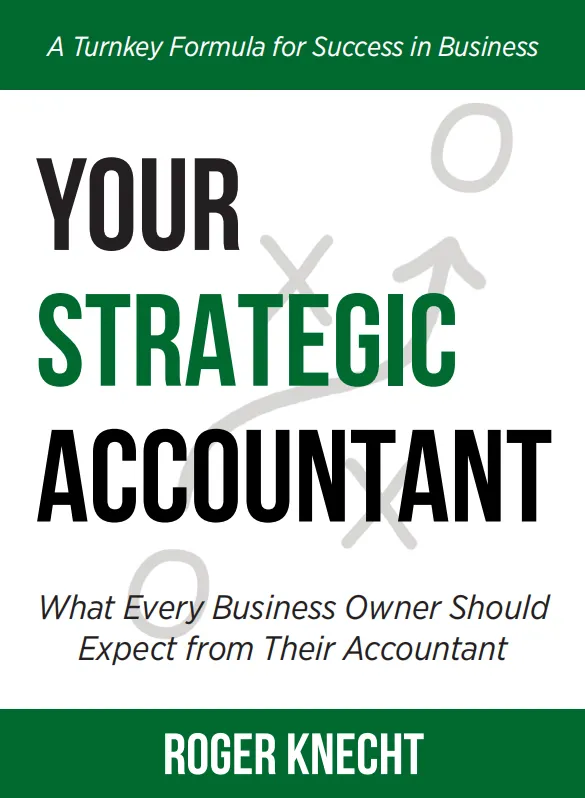Bookkeeping is an essential part of any business, big or small. It involves keeping track of financial transactions, managing accounts, and ensuring that all records are accurate and up-to-date. As a result, bookkeeping is a highly sought-after skill, and many individuals are looking to become professional bookkeepers. In this article, we will discuss the steps you can take to become a certified bookkeeper and advance your career in this field.
Classes and Training
The first step to becoming a professional bookkeeper is to gain the necessary knowledge and skills. Many community colleges and vocational schools offer bookkeeping classes and training programs. These courses cover topics such as basic accounting principles, financial statements, payroll, and tax preparation. They also provide hands-on experience with popular bookkeeping software, such as QuickBooks. Taking these classes will give you a solid foundation in bookkeeping and prepare you for the certification exams.

Certification Exams
Once you have completed your classes and training, the next step is to become certified. There are several organizations that offer bookkeeping certification, such as the American Institute of Professional Bookkeepers (AIPB) and the National Association of Certified Public Bookkeepers (NACPB).
- These organizations require you to pass a certification exam to become a certified bookkeeper
- The exams cover topics such as bookkeeping fundamentals, financial statements, and payroll.
- They also test your knowledge of bookkeeping software and your ability to perform bookkeeping tasks accurately and efficiently.
Earn the Professional Bookkeeper™ certification from Universal Accounting School to showcase your expertise in daily accounting for small to mid-sized businesses. This program is designed to meet industry demands for skilled professionals in small-business bookkeeping and accounting, demonstrating your commitment to quality service and enhancing your skills for career success. Whether you’re specializing or advancing your career, this certification is a valuable asset.
Continuing Education
After becoming certified, it is important to continue your education and stay up-to-date with the latest bookkeeping practices and software. Many organizations require certified bookkeepers to complete a certain number of continuing education hours each year to maintain their certification. This ensures that bookkeepers are knowledgeable about any changes in the industry and are able to provide the best services to their clients.

Benefits of Certification
Becoming a certified bookkeeper has many benefits.
- First and foremost, it demonstrates your expertise and credibility in the field. This can help you stand out in a competitive job market and attract potential clients.
- Certification also allows you to charge higher rates for your services, as clients are willing to pay more for a certified professional.
- Additionally, many organizations and businesses require their bookkeepers to be certified, so having a certification can open up more job opportunities for you.
Enroll in the Universal Accounting Center’s thorough video training program to master QuickBooks Online and earn certification as a QuickBooks Specialist. Successful completion not only equips you with the skills needed for Intuit’s QuickBooks ProAdvisor Certification but also provides the support of an assigned academic coach for further advanced skill development.
News
QuickBooks Online stands out as the go-to choice for accountants, emerging as the best accounting software for small businesses. Intuit’s transition from QuickBooks Desktop to QuickBooks Online has solidified its position as a frequently updated standard, offering an intuitive dashboard, versatile widgets, automation tools, and support for up to seven users under one license.
While the software’s monthly subscription model may pose a learning curve for newcomers and a slightly higher cost, its extensive features make it unparalleled in the accounting software landscape. It remains the top choice for most small businesses, though niche alternatives like Aplos and Zoho excel in specific scenarios for non-profit and online businesses, respectively.

Conclusion
Becoming a professional bookkeeper takes dedication and hard work, but the rewards are worth it. By taking classes and becoming certified, you can advance your career and become a highly sought-after bookkeeper. Remember to continue your education and stay up-to-date with the latest practices to maintain your certification and provide the best services to your clients. With the right training and certification, you can become a successful and respected bookkeeper in the business world.









